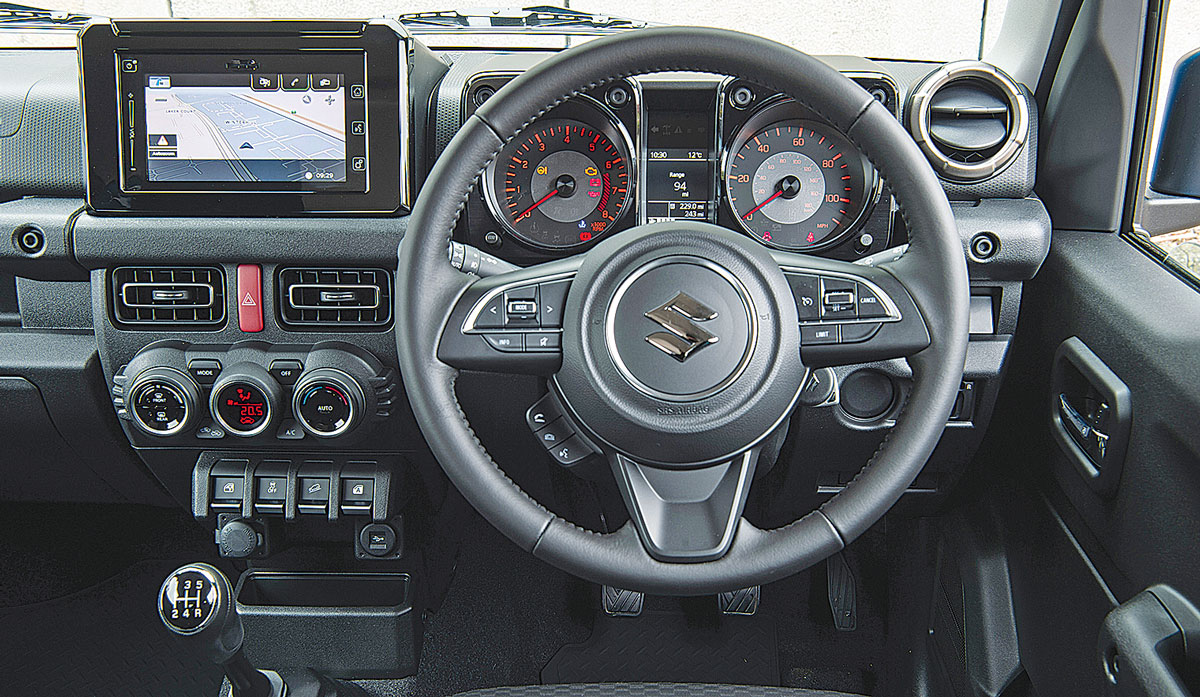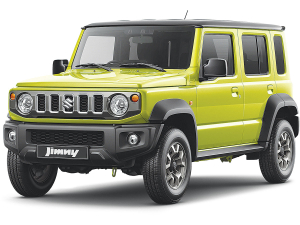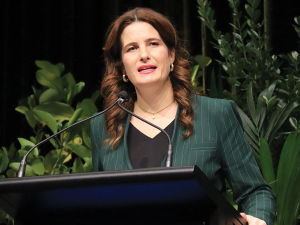Fifty years ago, Suzuki was a pioneer in developing a small Sport Utility Vehicle (SUV) with fourwheel drive capability and low fuel consumption. Suzuki Development of the original Jimny in 1968 and the LJ10 Jimny arrived in 1970 it was the first mass production 4WD in the Japanese domestic mini-car category.
The model evolved into the SJ413 Samurai that went into local assembly in New Zealand in 1985, using a lightweight Suzuki Swift engine and incorporating special modifications for off-road operation. Early popularity of the Jimny has continued unabated with demand usually outstripping supply.
Since its launch, 3.3 million Jimnys have been sold worldwide, picking up numerous awards along the way, including the Compact SUV Award in New Zealand. Much like Vegemite, that garners a love it or hate it response, the Jimny – with its distinctive retro looks and personality – is said to be a car with no peers, resulting in a cult following in Australasia.
A new addition to the range sees the arrival of a 5-door version to complement the fourth generation Jimny 3-door that has been a success story from launch despite a long waiting list and buyer’s premiums on used examples.
While the width and height of the 5-door remains the same as the 3-door, the overall length extends 340mm to provide a still compact 3820mm body length, while a longer 2590mm wheelbase compares with 2250mm for the 3-door.
The 5-door retains a strong ladder frame underpinnings and the same 210mm ground clearance and tread of the Jimny 3-door, while front suspension changes include an increase in the coil springs, revised damping characteristics of the shock absorbers and a heavier duty anti-roll bar, alongside an upgrade to ventilated front disc brakes.
The well proven 1462cc, 4-cylinder Suzuki K15B multi-point injection engine with 4 valves per cylinder has a maximum output of 75kW (100hp) at 6000rpm and peak torque of 130Nm at 4000rpm, with the manual achieving 6.4 litres/100km and the four-stage auto returns 6.9 litres/100km.
 |
|---|
|
Standard equipment includes dual camera brake support that recognises vehicles, pedestrians and lane markings.
|
A three-link rigid rear axle and coil spring suspension system mirrors the 3-door while the 195/80R15 Bridgestone Dueler all-terrain tyres fitted to 15-inch alloy wheels also remain the same.
All Jimny models are part-time, four-wheel drive and the Suzuki ALLGRIP PRO system with its low range transfer case allows high and low final drive ratios depending on the road conditions or the terrain. The driver can simply select 2WD, 4WD or 4WD Low Lock when the going gets rough.
Hill descent control limits the Jimny to 5km/h in low range, braking individual wheels for controlled descending, enabling the driver to concentrate on steering without using the brakes or clutch. Hill hold control helps prevent the vehicle rolling rearwards so the driver can focus on controlling acceleration. Curb weight at 1200kg is a 105kg increase on the 3-door, while the 5-door has a relatively nimble turning circle of 11.4 metres.
Standard equipment includes dual camera brake support that recognises vehicles, pedestrians and lane markings, automatic braking, rear parking sensors, autonomous emergency braking system and a rear camera. Additionally, other functions include emergency braking, weaving alert, electronic stability control, projector LED headlights and halogen daytime running lights are standard, alongside adaptive cruise control on the new 5 door, while a three-year/100,000km, plus a 5-year powertrain warranty should offer peace of mind.



















